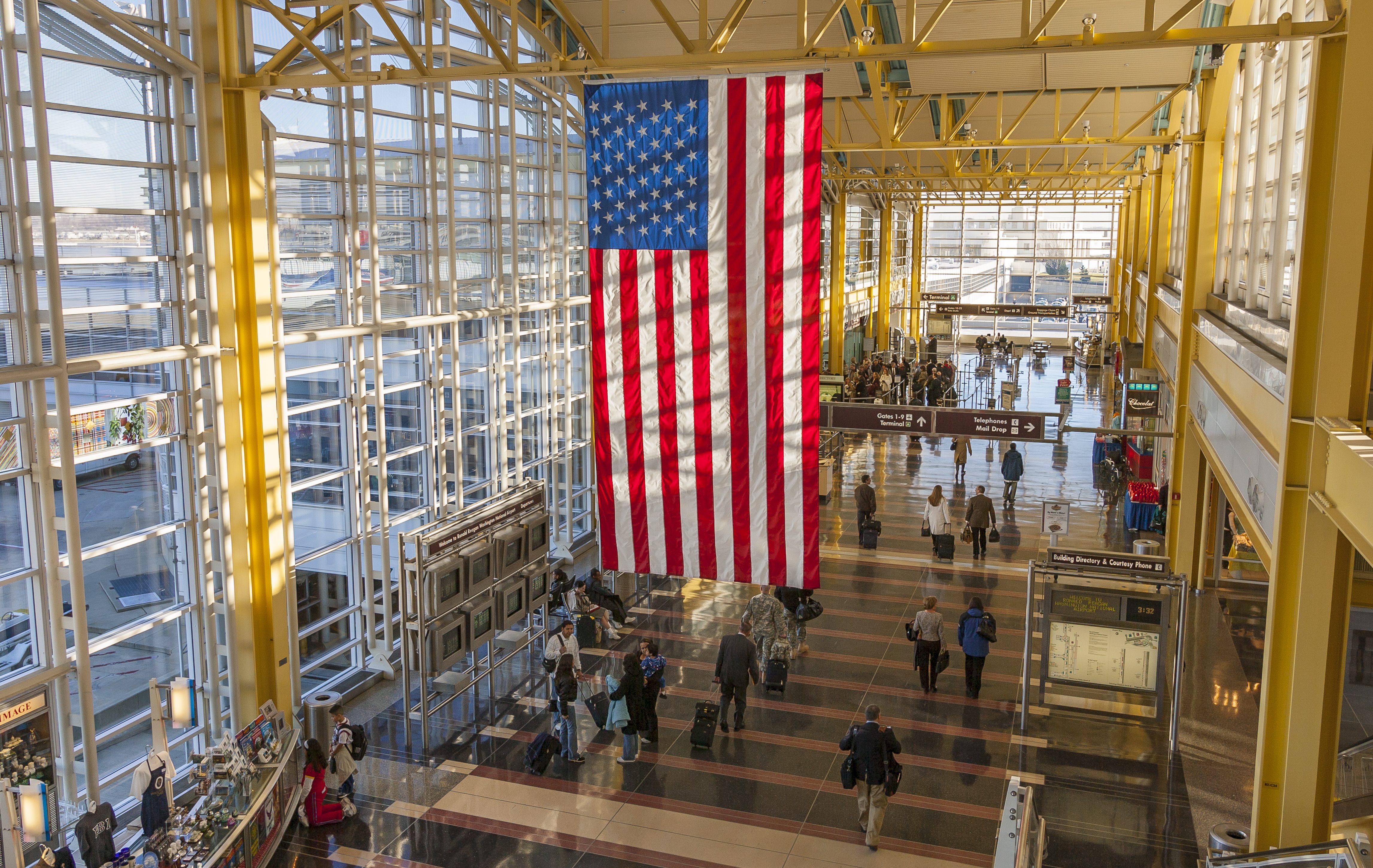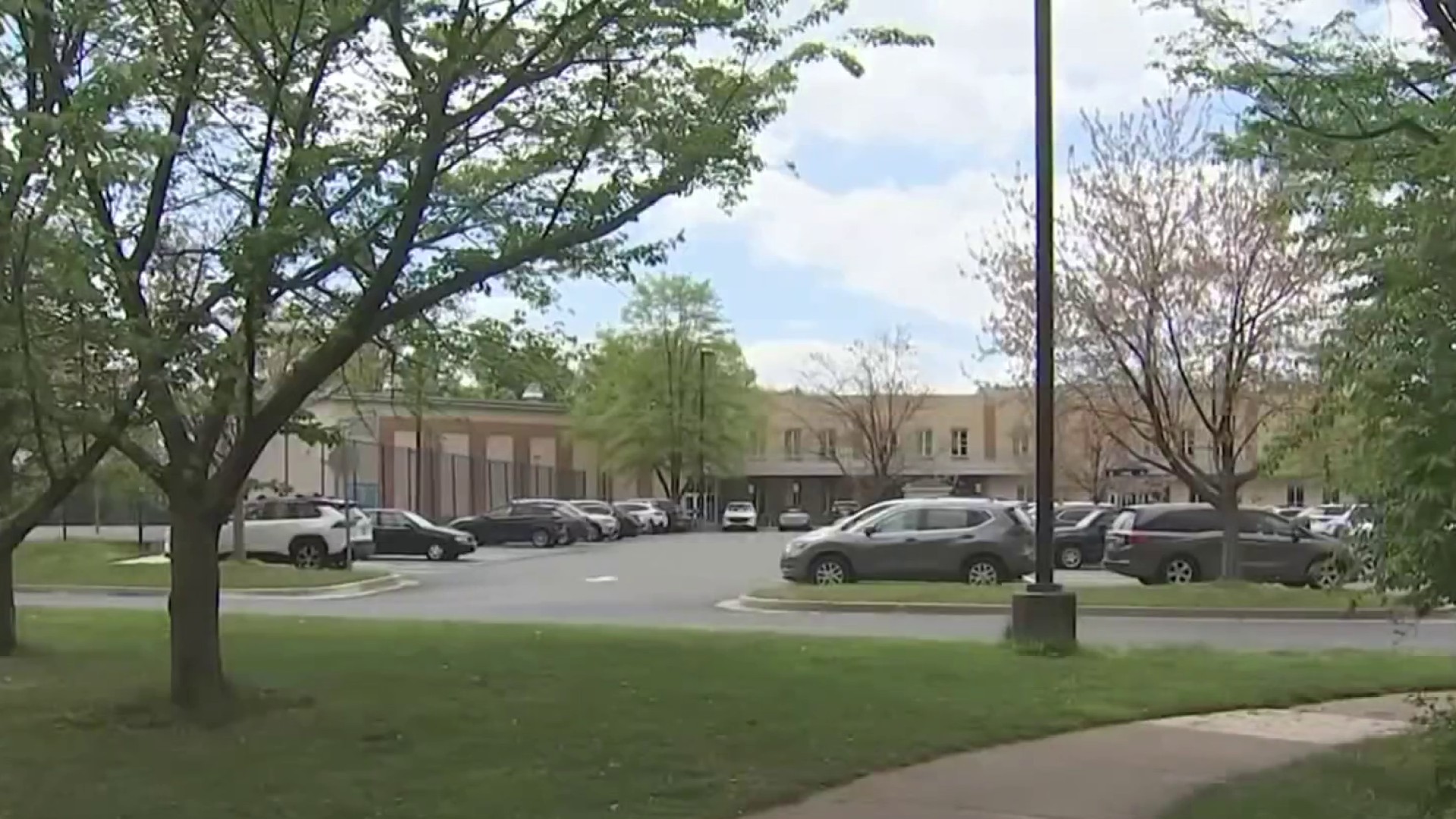The Maryland State Legislature is expected to consider changes to a state program to keep problem gamblers out of casinos.
Del. Nick Mosby (D-Baltimore) said he will formally propose legislation to strengthen Maryland’s Voluntary Exclusion Program to improve its funding and its effectiveness.
In April, a News4 I-Team investigation revealed weaknesses in the Voluntary Exclusion Program, which was designed to prevent addicted gamblers from entering the state’s six casinos. The Voluntary Exclusion Program allows problem gamblers to enroll and ban themselves from casino grounds at the risk of arrest and a formal criminal charge of trespassing. Though more than 1,400 participants have enrolled in the program, the I-Team investigation found the Voluntary Exclusion Program is largely self-policed.
According to the I-Team investigation, enrollees in the Voluntary Exclusion Program are unlikely to be readily detected inside casinos unless they win a large jackpot, which requires they present a form of identification. State regulators do not require casinos to check IDs of customers and do not utilize facial recognition software or license plate readers to detect excluded gamblers who enter the premises of the six Maryland casinos.
A D.C.-area problem gambler told the News4 I-Team he frequently entered and departed casinos undetected in the months after joining the program. He said he hoped the program would help him combat his addiction and keep him out of the new MGM National Harbor Casino.
Del. Mosby, who represents a broad swath of Baltimore near Horseshoe Casino, said he will formally propose upgrades to the state’s programs to protect problem gamblers.
“It’s ineffective at best,” Mosby said. “There’s limited follow-up (in the program). More importantly, there’s no way to know if they’re going back in the casino.”
Local
Washington, D.C., Maryland and Virginia local news, events and information
Mosby said he will propose boosting state funding for problem gambling support and treatment programs. He said he will consider requesting casino owners add staff or license plate readers to parking lots and garages to better detect known addicted gamblers before they enter casino grounds.
“I’ve talked to gamblers who’ve said they have a problem,” he said. “There are a lack of resources on this issue.”
The state is researching the use of license plate reader devices to detect the automobiles of gamblers enrolled in the self-exclusion program, Maryland Lottery and Gaming Control Agency Responsible Gambling Coordinator Mary Drexler said.
“It's just in the research stages,” she said. “There is nothing set in stone at this time, but we do think that may be one more avenue that may be helpful."
“We take every reasonable opportunity to ensure that people on the Voluntary Exclusion Program list are not on our property engaging in gaming," MGM said in a statement. "We do not ID every person through the door but we provide the photo and description for each person in the program to surveillance and security. We also upload it to into our internal customer databases so as to flag any gaming activity under the person's name.”
“At Live! casino, we take our responsibility to prevent problem gaming very seriously," a Maryland Live! spokeswoman said. "The state’s Voluntary Exclusion Program requires casinos to refrain from marketing directly to individuals who sign up for the program. It also places the responsibility for staying out of casinos on the program participants themselves. We support this effort on multiple levels, including using technology and security measures to identify and remove such players from our facility."
Anne Arundel County Police records show the agency has cited at least 43 people for violating the self-exclusion list at Maryland Live! casino since January 2016.
Reported by Scott MacFarlane, produced by Rick Yarborough, and shot and edited by Steve Jones.



